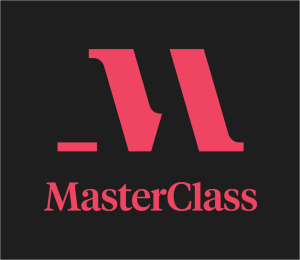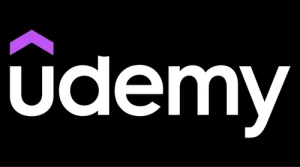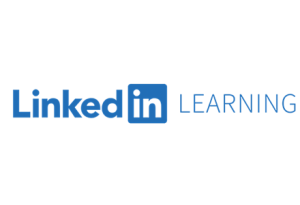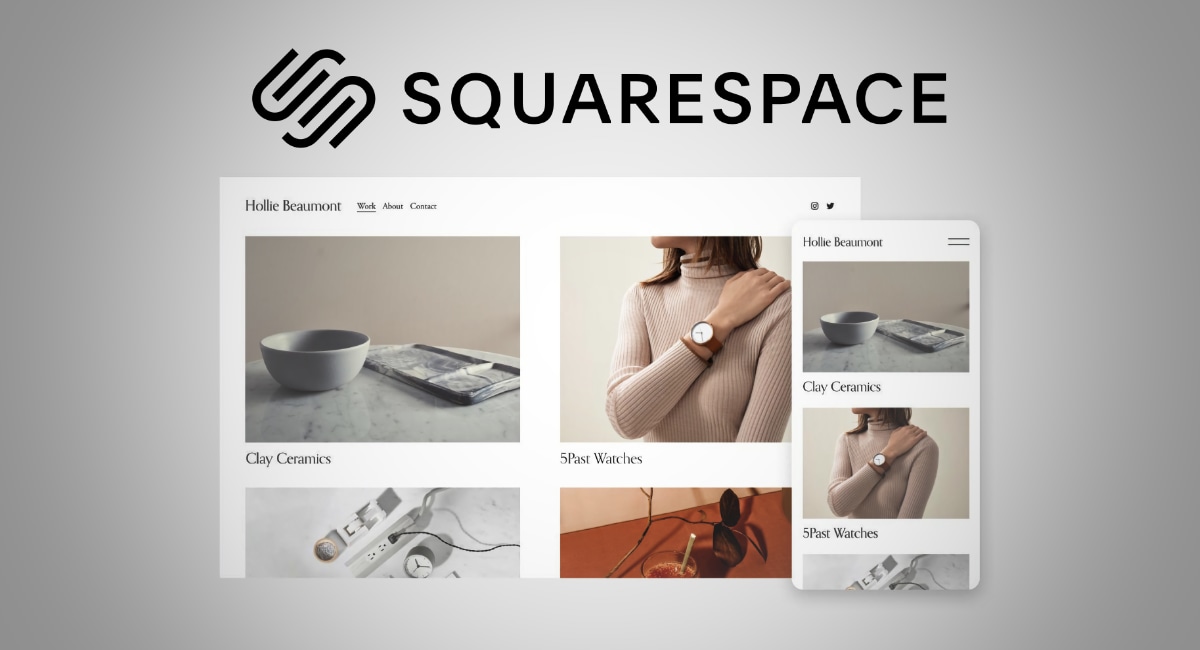
With the rise of digital learning, online education platforms have transformed how we acquire new skills and knowledge. Whether you're interested in career advancement, personal development, or hobbies, these platforms offer a wide array of courses to suit your needs. Here’s a comparison of the best online learning platforms in 2024.
1. Coursera
Coursera is one of the largest and most trusted online learning platforms, partnering with over 200 top universities and companies worldwide. It offers thousands of courses, specializations, professional certificates, and even full degrees across a wide variety of subjects, from data science to arts.Pros:
- University Partnerships: Access to courses from renowned institutions like Stanford, Yale, and Google.
- Wide Variety of Courses: From beginner to advanced levels, with certifications and degrees available.
- Affordable: Free courses available with paid options for certification.
- Flexible Learning: Self-paced and instructor-led courses with flexible deadlines.
Cons:
- Pricing for Certificates and Degrees: While courses can be audited for free, certification and degrees can be costly.
- Complex Course Structure: Some users find the abundance of features, certifications, and payment plans a bit overwhelming.
3. Skillshare
Overview:
Skillshare is a subscription-based platform designed for creative professionals and hobbyists. It offers thousands of courses on topics like design, photography, writing, and more, with an emphasis on project-based learning and creativity.
Pros:
- Project-Based Learning: Hands-on, project-driven courses make learning interactive and engaging.
- Strong Creative Focus: Great for individuals looking to improve their creative skills like graphic design, illustration, and filmmaking.
- Community-Driven: Encourages interaction through student projects and discussion.
- Affordable Subscription: Unlimited access to all courses for a low monthly or yearly fee.
Cons:
- Less Academic: Not suitable for those looking for formal education or professional certifications.
- Quality Can Vary: As with Udemy, the open nature means course quality can be inconsistent.
5. MasterClass
Overview:
MasterClass is a unique platform that offers courses taught by celebrities and experts in their fields, from cooking with Gordon Ramsay to storytelling with Neil Gaiman. Its courses are highly produced, offering an engaging experience for learners.Pros:
- Celebrity Instructors: Learn directly from top professionals, including famous actors, authors, and chefs.
- Engaging Content: Beautifully produced videos make the learning experience enjoyable.
- Wide Variety of Creative Topics: Great for hobbyists interested in cooking, music, writing, and other creative pursuits.
Cons:
- Not for Formal Learning: Less emphasis on formal education and professional development.
- Pricey for What You Get: Despite the star power, the content may feel superficial to those seeking deep, hands-on instruction.
2. Udemy
Overview:
Udemy is known for its vast selection of affordable courses. It has a marketplace model, meaning anyone can create and sell courses, leading to a diverse selection across nearly any topic imaginable, including technical skills, creative arts, and personal development.Pros:
- Affordable Courses: Frequent discounts make courses highly affordable, sometimes dropping prices to as low as $10.
- Huge Selection: Over 200,000 courses, spanning almost every subject.
- Lifetime Access: Once purchased, users get lifetime access to the course material.
- Practical Skills Focus: Many courses are tailored towards skills applicable in the real world, such as coding, marketing, and business.
Cons:
- Variable Quality: Since anyone can publish, course quality can be inconsistent.
- Limited Interactivity: Unlike other platforms, interaction with instructors and peers can be minimal.
4. LinkedIn Learning
Overview:
LinkedIn Learning (formerly Lynda.com) offers professionally focused courses aimed at improving skills in business, technology, and creative fields. It’s known for its emphasis on career development, providing courses that align with professional goals.Pros:
- Career-Focused: Great for improving professional skills, especially in tech, business, and leadership.
- Integration with LinkedIn: Completed courses and certificates can be added directly to your LinkedIn profile, which is useful for job seekers.
- Free with LinkedIn Premium: If you already have LinkedIn Premium, access to LinkedIn Learning is included.
- High-Quality Production: Courses are professionally made, with clear instructions and resources.
Cons:
- Subscription-Based: Requires a monthly subscription, which can be pricey for some users.
- Limited Depth: While there are plenty of courses, they sometimes lack the depth needed for more advanced learners.
| Platform | Core Offering | Main Features | Strengths | Website |
|---|---|---|---|---|
| Coursera | Online courses and degrees | University partnerships, certificates, degree programs | Accredited courses, diverse subjects, flexible learning | coursera.org |
| Skillshare | Creative and business learning | Project-based classes, community interaction | Great for creatives, hands-on learning, affordable | skillshare.com |
| Udemy | Online courses marketplace | Wide course selection, lifetime access, frequent discounts | Affordable, extensive topics, self-paced learning | udemy.com |
| MasterClass | Celebrity-taught courses | High-quality video lessons, industry experts | Inspirational, professionally produced, unique insights | masterclass.com |
| LinkedIn Learning | Professional development | Business, technology, and creative skills | Career-focused, integrates with LinkedIn profiles | linkedin.com/learning |
For general academic growth and professional certifications, Coursera and edX offer the strongest university-backed programs. For creative pursuits and hobbyists, MasterClass and Skillshare provide engaging, expert-led content. For technology and business skills, LinkedIn Learning, Udemy, and Pluralsight are excellent choices, catering to those wanting flexibility and professional development. Each platform has its strengths depending on your learning goals, budget, and interests.






